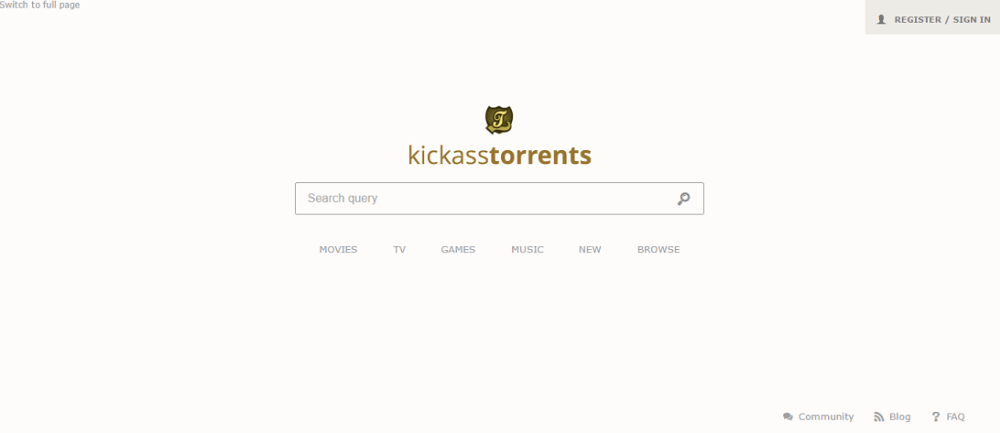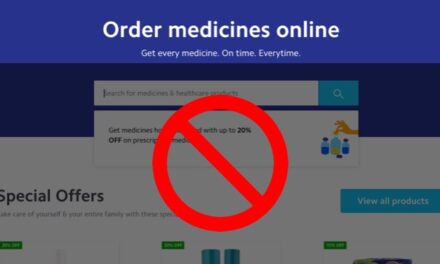
Accessing blocked URLs or torrent sites will land you in trouble, not necessarily in jail
Posted by Local Press Co Staff | Aug 23, 2016 | Trending


Screengrab from the website
Indian stand-up comics had a field day yesterday after multiple media reports claimed that ‘accessing torrent websites’ could land one in jail for a three-year-period along with a Rs 3 lakh fine.
According to most reports, users accessing a blocked URL or torrent website encountered the following message from Tata Communications Limited (TCL): “This URL has been blocked under the instructions of the Competent Government Authority or in compliance with the orders of a Court of competent jurisdiction. Viewing, downloading, exhibiting or duplicating an illicit copy of the contents under this URL is punishable as an offence under the laws of India, including but not limited to under Sections 63, 63-A, 65 and 65-A of the Copyright Act, 1957 which prescribe imprisonment for 3 years and also fine of upto Rs. 3,00,000/-”
“Any person aggrieved by any such blocking of this URL may contact at [email protected] who will, within 48 hours, provide you the details of relevant proceedings under which you can approach the relevant High Court or Authority for redressal of your grievance,” it added.
The severity of the penalty for accessing blocked URLs led thousands to believe that it was the end of the Internet era in India and the country was slowly moving towards a China like ecosystem where everything is controlled or monitored.
Due to the high propensity of downloading content from torrent websites, netizens were pissed at the prospect of spending a few years in jail even if they accidentally ended up visiting a torrent website. The social media world, as expected, wasn’t a happy place yesterday.
However, experts believe that the order does not explicitly mean what most reports are implying. One advocate, Apar Gupta, told TOI, “Certain news reports indicate that people may be prosecuted for mere access to websites due to the notice by Tata Telecommunications not being phrased properly. The sections which are referred in the notice do not criminalise mere access in isolation.”
Tech website Medianama also explains that the John Doe order refers to an unidentified entity, and orders allow content owners to shut down entire websites in order to prevent them from allowing piracy, without needing to go to court, for each time.
Moreover, according to SpicyIP, Bombay High Court recently asked internet service providers in India to not just block URLs but also explain why certain URLs were blocked and what are the consequences of visiting them. In a nutshell, the idea was to tell users that accessing or downloading copyrighted material is illegal.
However, in case of TCL, the crux of the message was lost in the legal jargon and it led users to think that even accessing the URL was grounds for being served a jail sentence.
Accessing blocked URLs and torrent websites, therefore, still remains illegal. But whether it will attract a three-year jail sentence, however, remains to be seen.
Share:












